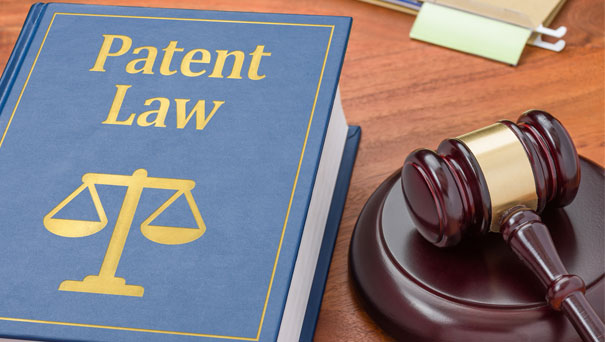Limited liability — separating owners from the debts and obligations of the company — is a cornerstone of modern capitalism. But can a corporate officer be held personally responsible for a case of patent or copyright infringement at his or her company?
You would think not, but a troubling trend in case law is moving in that direction, says Michigan Ross Professor Lynda Oswald.
Smaller companies where a person might wear multiple hats — corporate officer and shareholder — are at particular risk of this piercing of the corporate veil.
“Limited liability protects owners and shareholders personally from corporate activities, but this is a distinction the Federal Circuit Court has blurred, especially in the context of small, closely held businesses,” says Oswald, professor of Business Law.
Her new article in an upcoming edition of the American Business Law Journal outlines the problem and what could be done about it.
The Federal Circuit is a specially designated court that handles all patent appeals. Minus a Supreme Court reversal or Congressional action, its rulings set precedent for patent case law. And copyright law takes cues from patent cases.
The mixup started in 1986, when a company was found liable for a patent violation. Three of the officers were also shareholders. The law states officers can be held personally liable if they actively commit the wrongdoing. But the court erred when it decided to pierce the corporate veil to evaluate the personal liability, Oswald says.
Piercing the veil is used to hold shareholders liable for the debts of the corporation and is usually only done when a company wasn’t legitimate, like if it was a fraudulent operation. It’s not supposed to apply to corporate officers.
“They didn’t look at these individuals as owners; they looked at them as officers, but applied the wrong doctrine to them,” she said. “The net effect is the owner liability theory is being applied to corporate officers, and once we start mixing that together it erodes the protection the law should provide. Unfortunately, it has built since then and become the standard.”
Smaller firms are more at risk of this misapplied doctrine because the owners and officers are often the same people, making it harder for the court to distinguish their separate roles.
But there are steps small companies can take to help protect themselves, she says.
First, keep records and be explicit about when you are acting as an owner, and when you are acting as a corporate officer.
Second, follow all the formalities outlined in your state’s corporate law, including when to hold meetings and keep minutes of the meetings.
“A lot of business people file the incorporation papers and assume they’re protected,” Oswald says. “Many don’t understand the importance of following formalities to keep that limited liability strong. It can be hard, especially for an entrepreneurial venture, but it can protect you in the long run.”
Thanks for reading CPA Practice Advisor!
Subscribe Already registered? Log In
Need more information? Read the FAQs
Tags: Firm Management, Small Business




